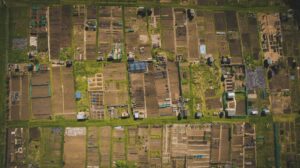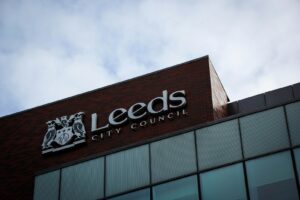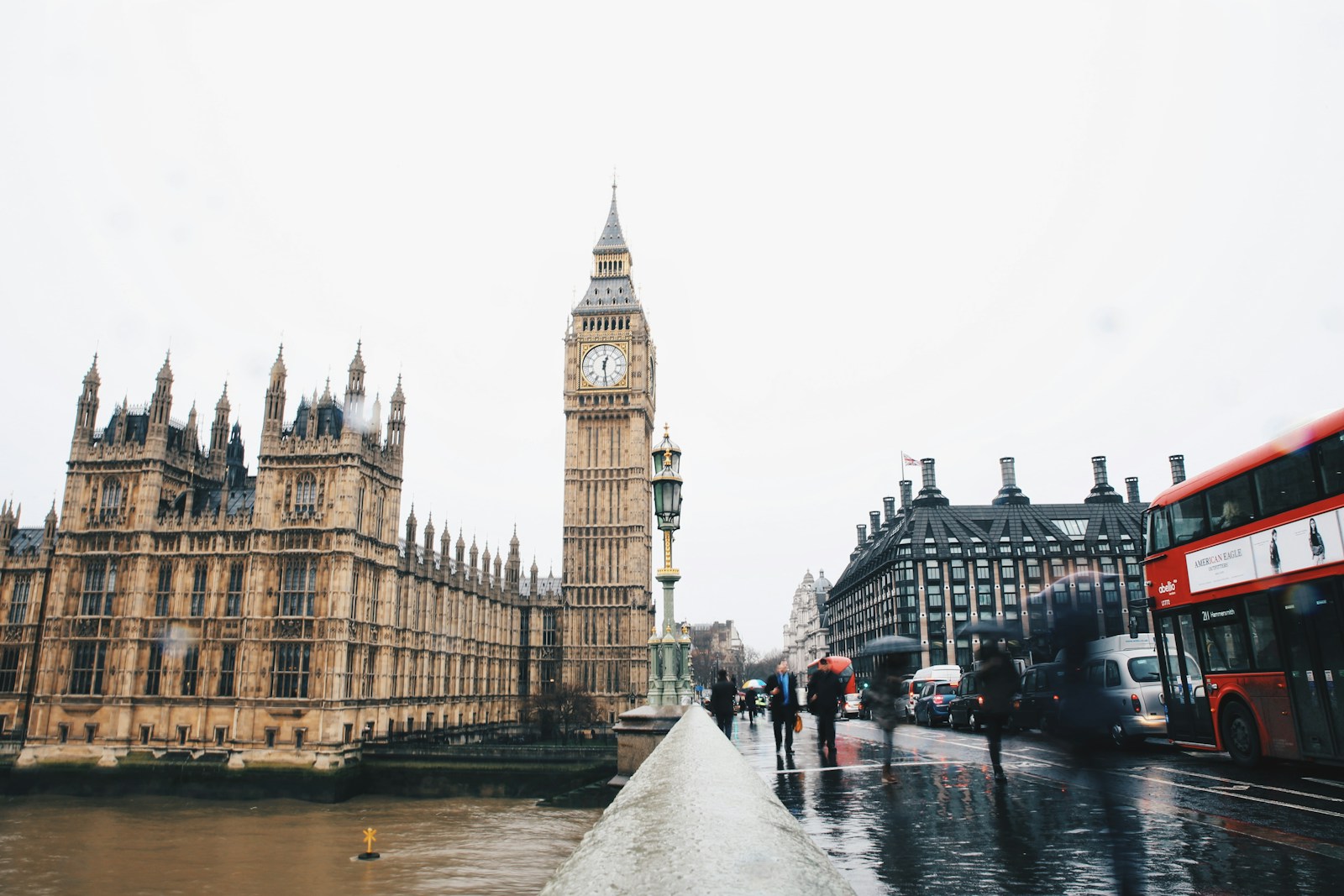A new report from The Young Foundation shows only one in three Brits trust the government to help them recover after a crisis.
It would be safe to assume that after experiencing countless catastrophes – a global pandemic and multiple economic crashes, to name a few – the UK government would have a sufficient plan in place to support people, should disaster strike again.
And that they have – the government recently launched their Resilience Action Plan. However, despite efforts, trust in the government to provide concrete crisis support remains minuscule.
New research, which was published just this morning by The Young Foundation, found while 70% of Brits agree it’s important to plan for future disasters, just 36% are confident the government will actually support them. What’s more, over half of the people surveyed said they don’t trust the government to be transparent.
Against this backdrop, the report shows over half of Brits (52%) said they would benefit from training or personal guidance about how to handle a crisis.
‘The UK is underprepared for the crises we face, and many people feel under-supported by government in the aftermath,’ Helen Goulden OBE, CEO of The Young Foundation, said. ‘Given recent history shows us that – in the face of pandemics, fires and floods – it’s civil society that carries the heaviest burden in crisis response and recovery. Sadly, despite that, it is also civil society that receives the least recognition and investment.
‘This new data shows that we must invest in grassroots resilience, working to rebuild public confidence through transparent and coordinated action.’
On the topic of public confidence, some of the report’s recommendations include:
- Introducing an initiative to trial and test community-led approaches to building preparedness for crisis
- National messaging about preparedness should be channelled through local governments and trusted networks
- Better evidence and data surrounding crises’ and how to manage them should be made available
- The UK needs local civil resilience infrastructure, with clearly identified spaces for public access to information, training and safety
Goulden added: ‘It’s heartening to see that the Resilience Action Plan recognises the need for much wider partnership between government, and the voluntary, community and faith sectors.
‘However, the continued reliance on www.gov.uk/prepare as the primary tool for household preparedness highlights a persistent gap between awareness and action. Bridging that gap requires more proactive, community-based support from Local Resilience Forums and the voluntary sector.
‘Additionally, the top-down approach to resilience exercises needs to shift towards grassroots-led initiatives. Identifying, supporting, and learning from community-led exercising efforts would be an invaluable next step, and we hope the government is open to listening and working with communities to drive real change forward.’
The full report from the Young Foundation can be accessed here.
Photo by Heidi Fin via UnSplash
In related news:
From excavation to innovation: archaeology’s role in streamlining development


















Leave a Reply